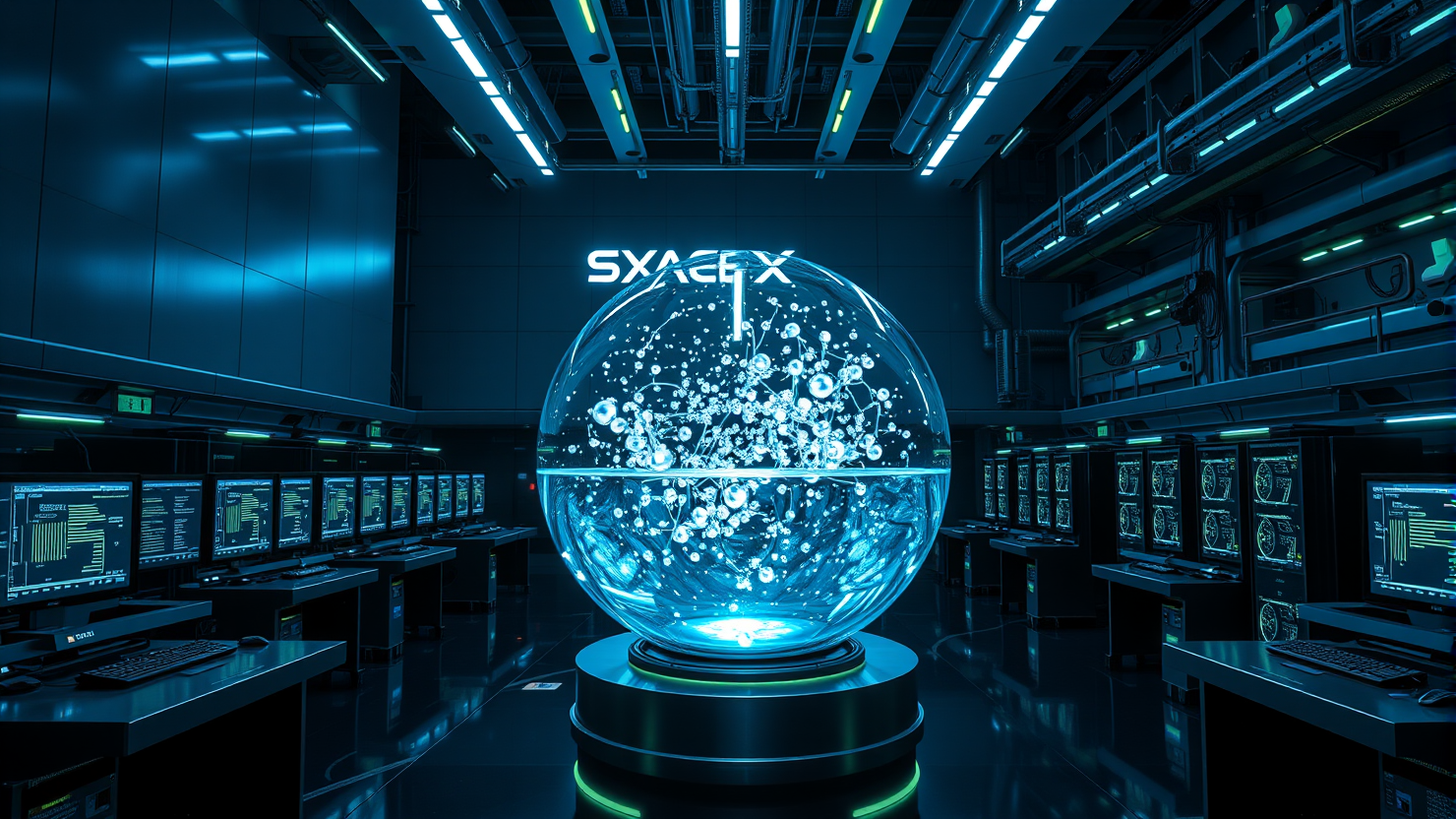Meta Splits AI Division into Four Groups, Signaling Intensified Push Towards Superintelligence

Meta’s CEO, Mark Zuckerberg, has initiated a series of changes in the company’s artificial intelligence (AI) division with the recent announcement of its split into four separate units. The divisions are dedicated to AI research, superintelligence development, product development, and infrastructure, including data centers and other AI hardware.
The reorganization is expected to be Meta’s final for some time as the tech giant aims to streamline its operations, expedite the development of AI products, and stay competitive in the rapidly evolving AI landscape.
Sources have indicated that some AI executives may depart from the company, while there are plans to downsize the division due to its significant growth over the years. However, discussions regarding this matter are still ongoing, and no definitive decisions have been made.
In a shift from Meta’s reliance on in-house technology, the company is actively considering the use of third-party AI models for powering its products. This could involve building upon open-source AI models or licensing closed-source models from other companies.
The changes come after several months of turmoil and restructuring within Meta’s AI strategy. Zuckerberg, 41, is investing heavily in the pursuit of superintelligence to stay at the forefront of AI technology, with significant competition among a handful of key players.
In June, Meta announced a superintelligence lab dedicated to creating an AI more powerful than the human brain and invested $14.3 billion in the startup Scale AI. The company also hired Alexandr Wang, Scale AI’s CEO, as its new Chief AI Officer, and offered substantial compensation packages to lure top researchers from rivals like OpenAI and Google, sparking a Silicon Valley talent poaching war.
During an investor call last month, Zuckerberg stated that he is betting on superintelligence to usher in “a new era of individual empowerment,” adding that AI has already had a positive impact on Meta’s core advertising business. The company anticipates capital expenditures of up to $72 billion this year, with most of the funds allocated for building data centers and hiring AI researchers.
A Meta spokeswoman declined to comment on the restructuring, while some details have previously been reported by The Information. Since Zuckerberg established the superintelligence team under Wang, tensions have arisen. Wang’s team is focusing on creating Meta’s most advanced AI model, known as a “frontier model.”
The new team has reportedly decided to abandon Meta’s previous frontier model, Behemoth, and start from scratch on a new model. The decision follows disappointing performance tests of Behemoth, which was delayed last spring.
There have been signs of personnel churn within the AI division. Notable departures include Joelle Pineau, a leading computer scientist at Meta, who left the company this year to join Cohere, an AI startup. Angela Fan, a research scientist working on Meta’s open-source AI model Llama, recently moved to OpenAI. Loredana Crisan, a vice president of generative AI, is also leaving Meta to become the chief design officer at software company Figma.
Despite these departures, some longtime AI leaders remain with the company. Rob Fergus, who co-founded Meta’s AI research division in 2014, will continue as head of the Fundamental AI Research lab (FAIR), responsible for advancing AI technology through open-source research. Ahmad Al-Dahle and Amir Frenkel, who work on generative AI products, are now reporting to Wang and focusing on strategic AI initiatives.
Nat Friedman, the former CEO of GitHub, and Daniel Gross, the founder of Safe Superintelligence, will lead the development of new AI features under the products and applied research division.





